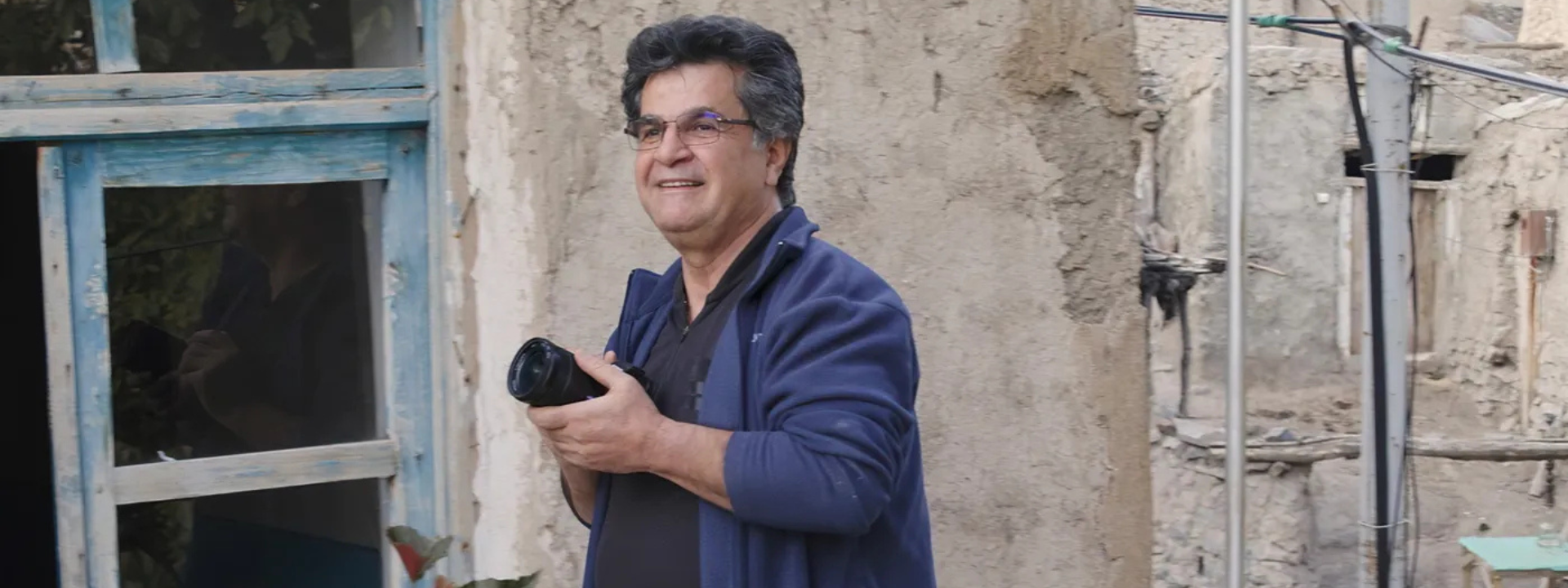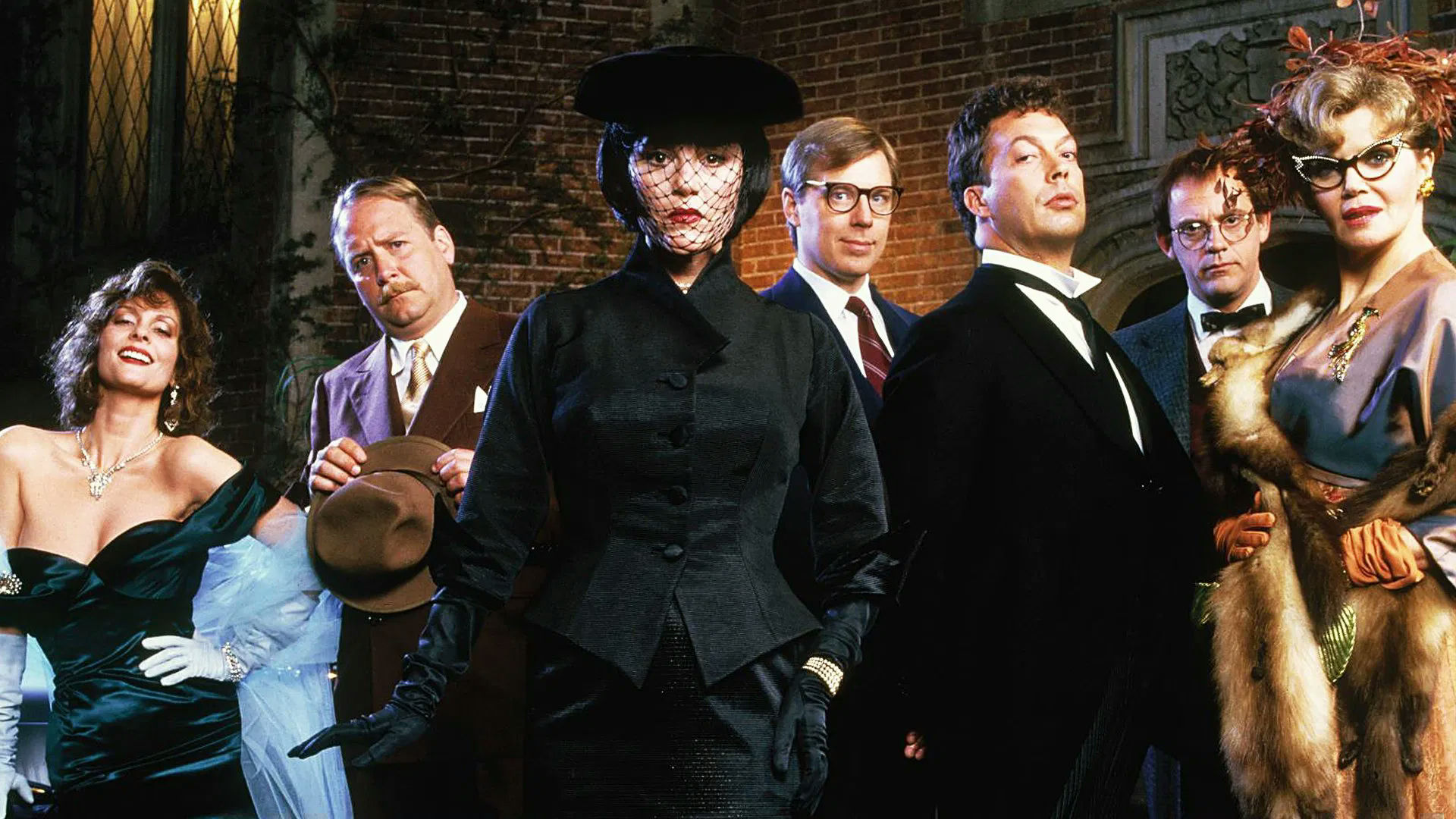Interview with the Filmmakers: Candy Mountain (1987)

New York City, 1980s. A struggling, deadbeat musician named Julius has fallen on hard times. With no guitar, band or paying gigs, he cooks up a get-rich-quick scheme – to find the legendary, yet elusive guitar-maker Elmore Silk. Considered one of the greatest luthiers in the business, Silk’s disappearance from the scene has only made his work more coveted by musicians and executives looking to make a buck off his name. Julius agrees to track the man down and sets out on the road. Meant to be a simple journey upstate, Julius stumbles down a long, winding road full of dead-ends and wrong turns towards an eventual revelatory conclusion in the Canadian wilderness.
INTERVIEW - ROBERT FRANK
What is more important in your film, the journey itself, or the intention?
Julius' journey is the summary of a very long journey, condensed to an experience of three days. In these three days, Julius learns a lot about life, he goes through a development that would usually take five years or more. To me, this is the essence of the film. No matter how romantic this sounds, these two or three days on the road make another man out of him. It has to do with losing one's innocence and naivety and with becoming independent. During this trip, Julius realizes he will have to make his own way through life.
Does Julius' trip have anything to do with your own trip from Zurich to New York forty years ago?
The whole film has a lot to do with me as a young man coming to New York and with me as an old man leaving New York for Canada. CANDY MOUNTAIN has a lot to do with Rudy and me; this personal involvement affects our work. When I discuss the role with Kevin, I try to remember the way I must have felt back then in New York, or I try to imagine what I would have done at the time. I often wonder if it was really worth going through all that just to be able to do what I wanted to. I hope the film shows that: how rough and merciless New York is.
CANDY is an American film. It's about America and the way Americans deal with each other. The music is very American as well. But the American undertone changes at the very end of the film. Rita MacNeil transmits this American influence in a new and different way. The song she sings all the way out on the coast of Nova Scotia shows in a discreet way just how far this influence goes.
In spite of that, the way you see America is very similar to the way I see Switzerland. Couldn't CANDY MOUNTAIN be a Swiss film as well?
No, not Swiss, not even American for that matter. Just simply human. But Julius remains a very American character.
One says you imagine pictures in black and white. Why did you shoot CANDY in color?
I shot CANDY as if it were in black and white. Of course, I notice how beautifully the colors change in the sky, but I was never really in love with colors. I could very easily have filmed the bright colors of New York and then filmed Cape Breton in black and white. The result would have been a different film. And besides, there was commercial pressure to shoot in color.
I would have liked to have filmed in 16mm, but even then I don't think I would have operated the camera myself. Working with actors is work enough. My being behind the camera would have affected both photography and directing. The use of 16mm film equipment would have produced a different film. It would never have had the quality of photography it has now. It would have had other qualities, though... more improvisation. I was lucky in having a first-class team, above all Pio Corradi, a cameraman that tries to respect even my most extravagant ideas, even though he thinks and sees things differently than I. The beauty of the image is less important to me.
A rather surprising attitude for a photographer.
I'm interested in the mixture of reality and the artificial. I'm interested in the rhythm of the film. I'm interested in finding out how to construct a scene so as to be able to edit it. The pressure arises on a set when one only has a certain amount of time at hand. This has some advantages. It forces you to think quickly and clearly. There is no sense in thinking about yesterday's scenes. If you should have done things differently, it's too late for that. Rudy usually says, "There's no time for that, basta."
INTERVIEW - RUDY WURLITZER

Kevin is still a relatively young actor. Why did you choose him?
Kevin was a strike of luck. We interviewed over 100 actors for Julius' role and had to choose among several different types. Kevin was exactly what we had in mind. He is not only a good actor, very open and honest; he is also marvelous and generous to work with.
Every evening one can hear you pounding away on your typewriter. You're changing dialogues or re-writing them completely. Was the original script only temporary?
Robert and I wanted the dialogues in the film and the actors' behavior to appear as spontaneous as possible. The more the actors are intimate with their roles, the more courage they will have. That's why I'm on the set; I listen to the difficulties the actors have with certain lines, with certain moves, then I correct certain scenes overnight. Another important aspect is that one doesn't know the locations of scenes while writing them. In the end, things have to be changed to fit the individual setting.
Is this form of cooperation a part of your work with directors in general, or is it a specialty of your work with Robert Frank?
I try to respect the peculiarities and ideas of every director, but work is usually not as intense as it is with Robert. And also, of course, we are collaborators and co-directors, so that makes everything more intense and complicated too.
Does the story of CANDY MOUNTAIN have anything to do with your own life?
It has to do with both Robert and I. Take the frame of the story: we both live in New York and we both have houses in Cape Breton. In a way, Elmore's route is the same as ours was. The story is personal as well, not in a literal sense but in the way you position yourself in the culture. Music and musicians, their dilemmas and lifestyles, mean a lot to both Robert and myself.

Are you related to the Jukebox-Wurlitzers?
Yes, and to the musicians and the builders of instruments as well. There may be some kind of personal challenge behind all this interest in the music scene. It's not obvious in the film, but I played music once myself; I know this world very well. And also my father at one time made violins.
The road as a symbol: Do you consider yourself a lone wolf?
I think I'm rather like a bedouin. I've never lived in the same place for long; I'm restless, a bit like Julius. He might go to New York; on the other hand, he might get caught-up at the next corner. But he's never the same when he returns. That's what Julius has learned from this trip to Canada; he can't stay the same after such an experience.
And then, of course, on another level, there is the sense that he is the same, that nothing really changes, that in the end one is always, ready or not, back on the street—alone—with oneself. The end of the film refuses to tie things up neatly. Julius is just back in the river of life, and who knows what will happen?
Interview: Ch. Gehrig "Der Alltag"
GET TICKETS NOW




%402x.svg)